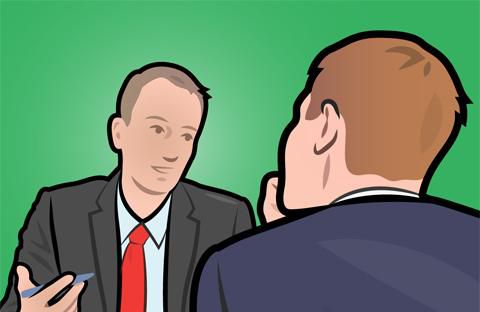英文法律词典 U-13
|
USEFUL. That which may be put into beneficial practice. 2. The patent act of congress of July 4, 1836, sect. 6, in describing the subjects of patents, mentions "new and useful art," and "new and useful improvement." To entitle the inventor to a patent, his invention must, to a certain extent, be beneficial to the community, and not be for an unlawful object, or frivolous, or insignificant. 1 Mason, 182; 1 Pet. C. C. R. 322; 1 Bald. 303; 14 Pick. 217; Paine, 203. USHER. This word is said to be derived from a huissier, and is the name of an inferior officer in some English courts of law Archb. Pr. 25. USUCAPTION, civil law. The manner of acquiring property in things by the lapse of time required by law. 2. It differs from prescription, which has the same sense, and means, in addition, the manner of acquiring and losing, by the effect of time regulated by law, all sorts of rights and actions. Merl. Repert. mot Prescription, tom. xii. page 671; Ayl. Pand. 320; Wood's Inst. Civ. Law, 165; Lecons Elem. du Dr. Rom. §437; 1 Browne's Civ. Law, 264, n.; vattel, ii. 2, c. 2, §140. USUFRUCT, civil law. The right of enjoying a thing, the property of which is vested in another, and to draw from the same all the profit, utility and advantage which it may produce, provided it be without altering the substance of the thing. 2. The obligation of not altering the substance of the thing, however, takes place only in the case of a complete usufruct. 3. Usufructs are of two kinds; perfect and imperfect. Perfect usufruct, which is of things which the usufructuary can enjoy without altering their substance, though their substance may be diminished or deteriorated naturally by time or by the use to which they are applied; as a house, a piece of land, animals, furniture and other movable effects. Imperfect or quasi usufruct, which is of things which would be useless to the usufructuary if be did not consume and expend them, or change the substance of them, as money, grain, liquors. Civ. Code of Louis. art. 525, et seq.; 1 Browne's Civ. Law, 184; Poth. Tr. du Douaire, n. 194; Ayl. Pand. 319; Poth. Pand. tom. 6, p. 91; Lecons El. du Dr. Civ. Rom. 414 Inst. lib. 2, t. 4; Dig. lib. 7, t. 1, 1. 1 Code, lib. 3, t. 33; 1 Bouv. Inst. Theolo. ps. 1, c. 1, art. 2, p. 76. |








